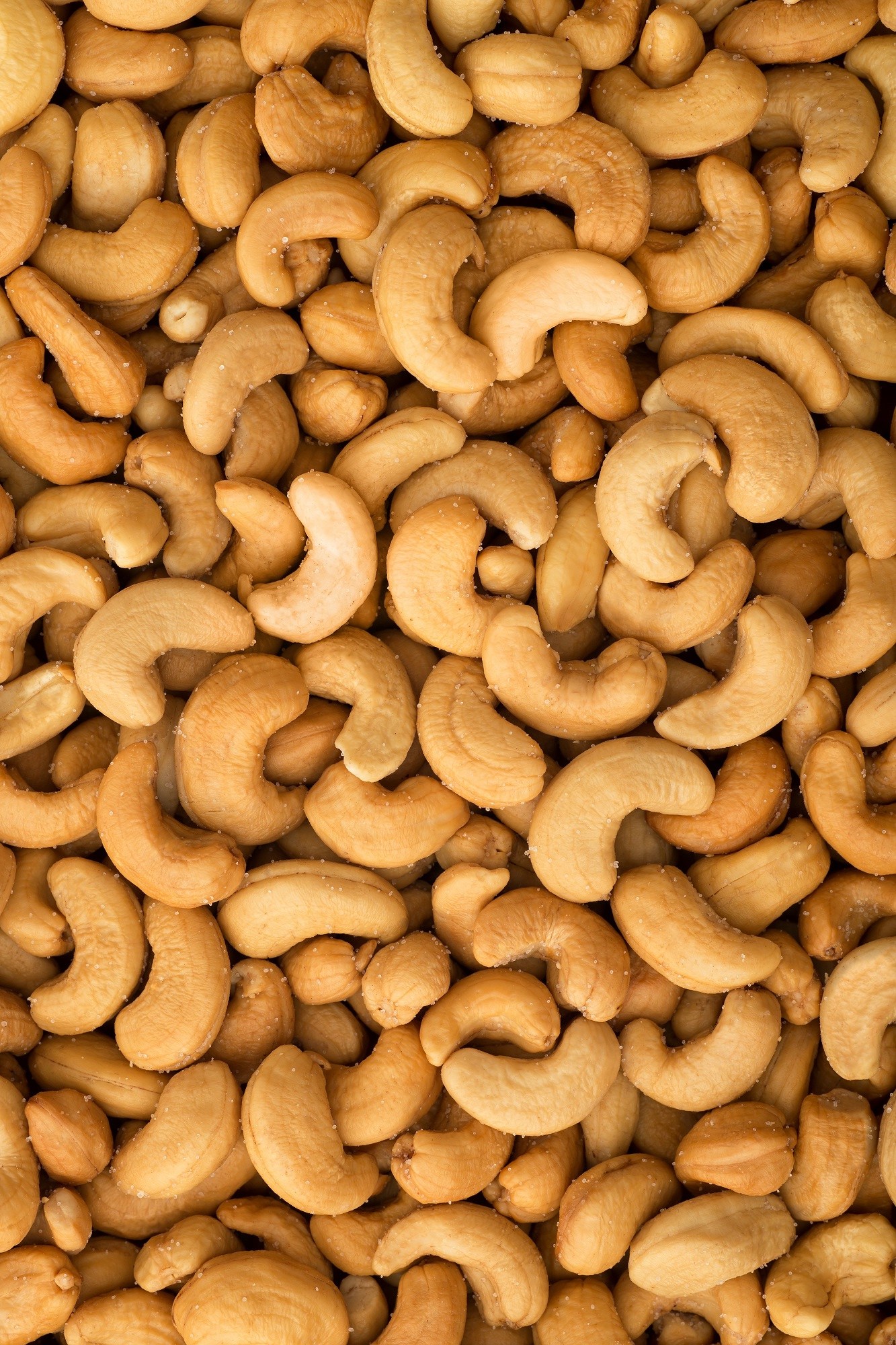The Ultimate Guide To Cashew: Health Benefits, Uses, And More
Cashews are not just a delicious snack; they are packed with nutrients and health benefits that make them a popular choice among health enthusiasts. In this comprehensive guide, we will explore everything you need to know about cashew nuts, from their nutritional profile to their various uses in cooking and health. Whether you’re a longtime fan of cashews or just discovering them, this article aims to provide you with valuable insights.
As you read through, you'll discover how these creamy nuts can enhance your diet, their impact on your health, and some innovative ways to incorporate them into your meals. This guide is designed to be informative, engaging, and easy to navigate, ensuring that you find the information you need quickly.
So, let’s dive into the world of cashews and uncover the secrets behind this remarkable nut!
Table of Contents
- What Are Cashews?
- Nutritional Profile of Cashews
- Health Benefits of Cashews
- Culinary Uses of Cashews
- Understanding Cashew Allergies
- How to Store Cashews
- Sustainable Cashew Production
- Conclusion
What Are Cashews?
Cashews, scientifically known as Anacardium occidentale, are the seeds of the cashew tree, native to Brazil but now grown in various tropical regions worldwide. They are characterized by their distinctive shape, resembling a kidney, and their creamy texture. Cashews are often enjoyed roasted and salted, but they can also be eaten raw or used as an ingredient in various dishes.
Brief History of Cashews
The cashew tree was first cultivated in Brazil, where indigenous peoples used its nuts and fruit for food. Portuguese traders then brought them to Africa and India in the 16th century, where they became popular and are now extensively cultivated. Today, countries like India, Vietnam, and Nigeria are among the largest producers of cashews.
Nutritional Profile of Cashews
Cashews are not only tasty but also highly nutritious. Here’s a breakdown of the nutritional content of a 1-ounce (28 grams) serving of raw cashews:
- Calories: 157
- Protein: 5 grams
- Fat: 12 grams (of which 2.2 grams are saturated)
- Carbohydrates: 9 grams
- Fiber: 1 gram
- Sugars: 1.7 grams
- Magnesium: 20% of the Daily Value (DV)
- Phosphorus: 15% of the DV
- Copper: 67% of the DV
- Vitamin K: 11% of the DV
Vitamins and Minerals
Cashews are rich in essential vitamins and minerals that contribute to overall health. They are particularly high in copper, which plays a crucial role in iron metabolism and the formation of red blood cells. Additionally, magnesium in cashews supports muscle and nerve function, while phosphorus is vital for bone health.
Health Benefits of Cashews
Incorporating cashews into your diet can lead to numerous health benefits:
Heart Health
Cashews contain healthy fats, particularly monounsaturated fats, which are known to promote heart health. Studies suggest that regular consumption of nuts, including cashews, may lower the risk of heart disease.
Weight Management
Despite being calorie-dense, cashews can aid in weight management. Their combination of protein, fiber, and healthy fats can help you feel full and satisfied, reducing the likelihood of overeating.
Bone Health
Cashews are an excellent source of magnesium, which is vital for bone density and health. Additionally, the presence of phosphorus in cashews further supports bone structure and strength.
Antioxidant Properties
Cashews are rich in antioxidants, including vitamin E and selenium, which help combat oxidative stress in the body. Antioxidants play a crucial role in reducing inflammation and protecting against chronic diseases.
Culinary Uses of Cashews
Cashews are incredibly versatile and can be used in various culinary applications:
Snacks and Toppings
Roasted cashews make for a delicious snack on their own or can be added as a crunchy topping to salads, yogurt, or oatmeal.
Cashew Cream and Milk
Blending soaked cashews with water creates a creamy texture perfect for vegan sauces, soups, or even desserts. Cashew milk is also a popular dairy alternative.
Cashew Butter
Similar to peanut butter, cashew butter is a creamy spread that can be enjoyed on toast, in smoothies, or as a dip for fruits and vegetables.
Understanding Cashew Allergies
While cashews are a healthy addition to most diets, some individuals may have an allergy to them. Symptoms of a cashew allergy can include:
- Skin reactions (hives, rash)
- Gastrointestinal issues (nausea, vomiting)
- Respiratory problems (difficulty breathing, wheezing)
If you suspect you have a cashew allergy, it is essential to consult a healthcare professional for proper diagnosis and management.
How to Store Cashews
To keep cashews fresh and maintain their flavor, proper storage is crucial. Here are some tips:
- Store in an airtight container to prevent moisture and air exposure.
- Keep cashews in a cool, dark place, such as a pantry or cupboard.
- For long-term storage, consider refrigerating or freezing them.
Sustainable Cashew Production
As demand for cashews increases, sustainable farming practices are essential to ensure environmental conservation and fair labor practices. Look for certifications such as Fair Trade or organic when purchasing cashews to support ethical production.
Conclusion
Cashews are a nutrient-dense nut that offers numerous health benefits and culinary uses. From promoting heart health to providing essential vitamins and minerals, incorporating cashews into your diet can be a flavorful and beneficial choice. Whether you enjoy them as a snack, in a creamy sauce, or as part of a nutritious meal, cashews are a versatile ingredient worth exploring.
We hope you found this guide informative and useful! If you have any questions or want to share your favorite cashew recipes, leave a comment below. Don’t forget to share this article with friends and family, and check out our other articles for more exciting health and nutrition tips!
Thank you for reading, and we look forward to seeing you back on our site soon!
Article Recommendations


